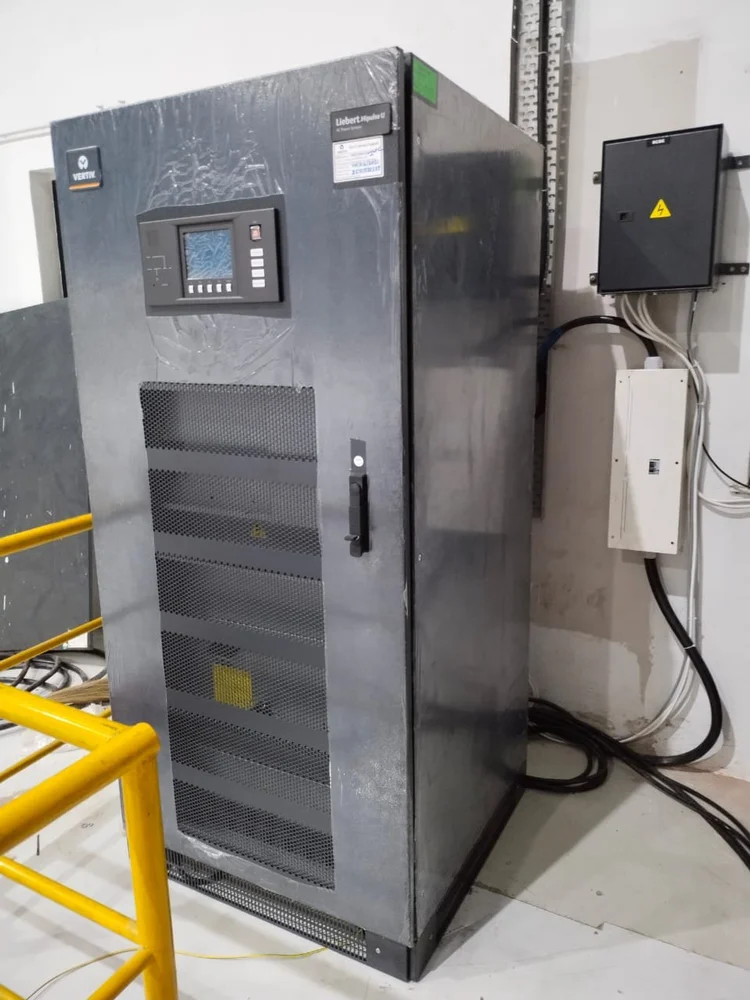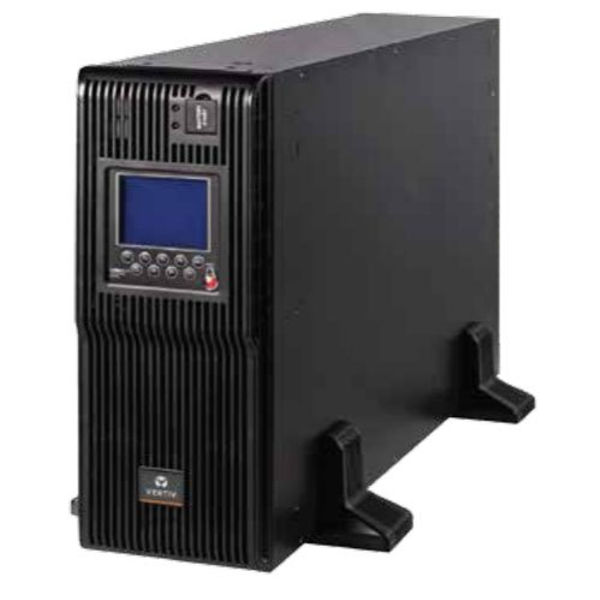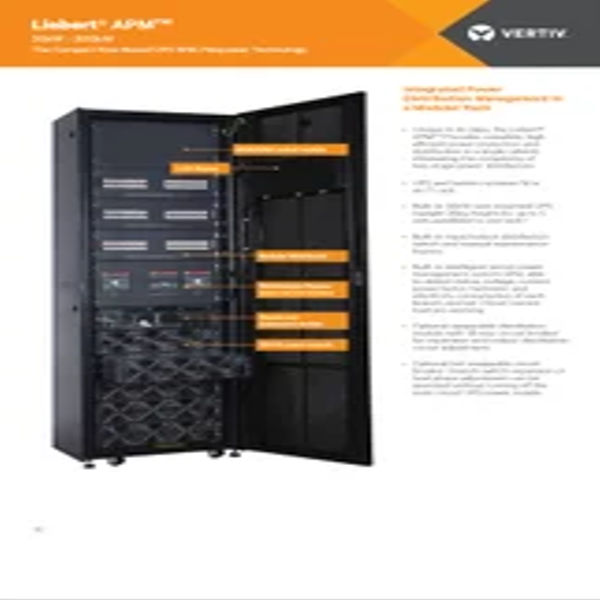Vertiv is a well-known provider of critical digital infrastructure and continuity solutions, including uninterruptible power supplies (UPS) for data centers. They offer a variety of UPS systems designed to meet the needs of different types of data centers, from small edge installations to large enterprise facilities. Here are some of the main types of UPS systems offered by Vertiv: 1. Single-Phase UPS Vertiv Liebert GXT5: A compact UPS designed for small to medium data centers, offering high efficiency and power density. Vertiv Liebert PSI5: A line-interactive UPS that provides reliable power protection for small IT environments. 2. Three-Phase UPS Vertiv Liebert EXS: A modular UPS solution that offers scalability and flexibility for medium to large data centers. Vertiv Liebert APM: A highly efficient UPS designed for large enterprise environments, providing advanced features and high availability. Vertiv Liebert NXC: A robust UPS solution designed for mission-critical applications, offering high efficiency and reliability. 3. Modular UPS Vertiv Liebert DPA: A modular UPS system that allows for incremental capacity upgrades, making it ideal for growing data centers. 4. Flywheel UPS Vertiv Liebert FPC: A flywheel energy storage system that provides short-term backup power and is often used in conjunction with traditional UPS systems for enhanced reliability. 5. Lithium-Ion UPS Vertiv Liebert APS: A UPS system that utilizes lithium-ion battery technology for longer life and reduced maintenance compared to traditional lead-acid batteries. 6. Eco-Friendly Solutions Vertiv also focuses on energy-efficient and environmentally friendly solutions, such as systems that comply with various sustainability standards and regulations. Key Features Scalability: Many Vertiv UPS systems are designed to be modular, allowing for easy expansion as data center needs grow. Efficiency: High-efficiency designs help reduce energy costs and improve overall sustainability. Advanced Monitoring: Vertiv offers solutions with integrated monitoring capabilities, allowing for real-time performance tracking and proactive maintenance alerts. Redundancy Options: Many systems support N+1 or 2N configurations for enhanced reliability. Applications Enterprise Data Centers: Large facilities requiring high availability and redundancy. Edge Computing: Solutions designed for smaller, distributed data centers. Telecommunications: Power protection for critical telecom infrastructure. Healthcare: Ensuring uptime for critical medical equipment and data. When choosing a UPS system, it's essential to consider factors such as load requirements, runtime needs, efficiency, and the specific environment in which the UPS will operate. For the most accurate and tailored solutions, it's advisable to consult with a Vertiv representative or a certified distributor.
Send Message







